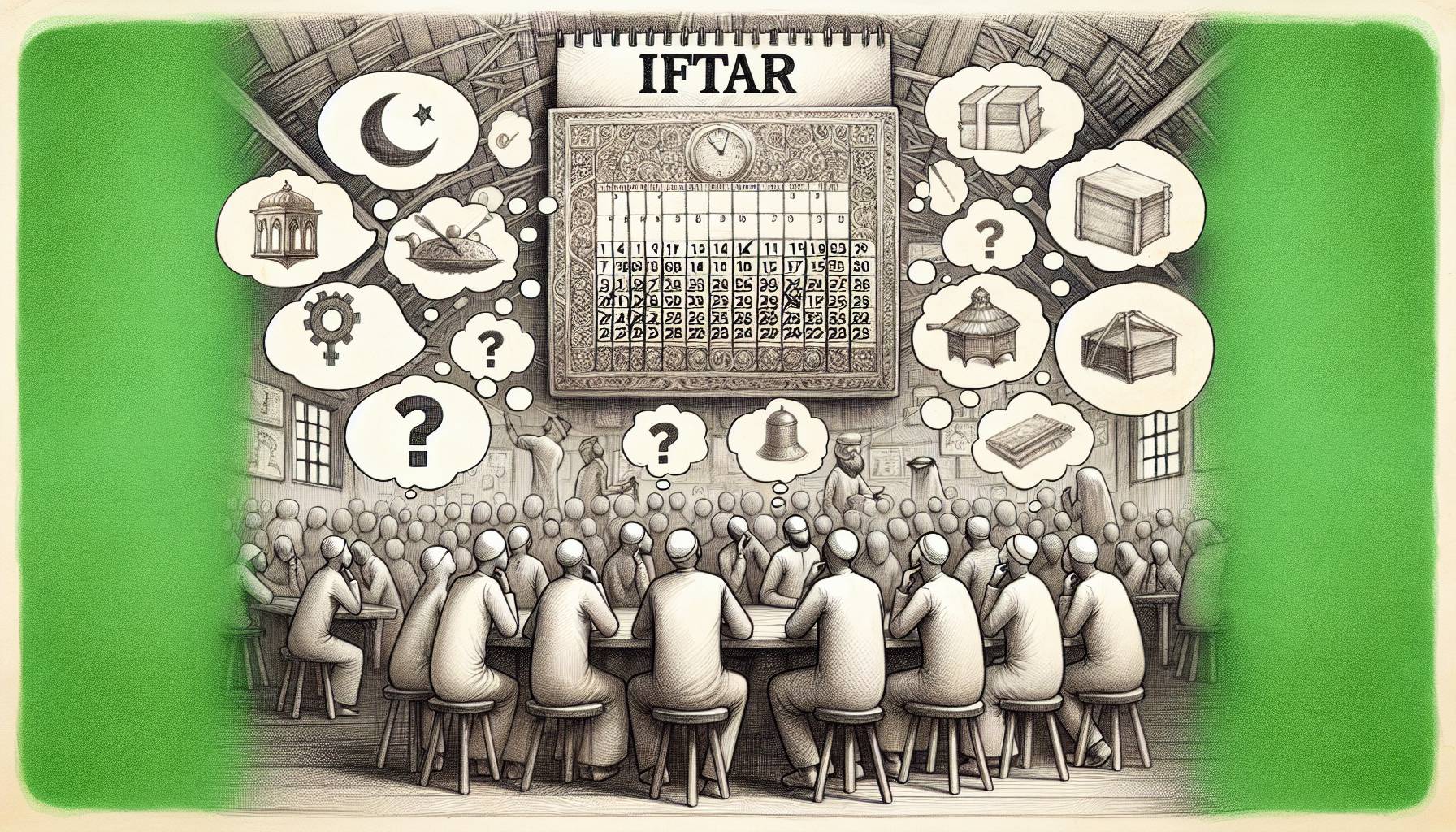The White House was recently compelled to cancel its grand Iftar event due to a lack of responses from prominent Muslim leaders. This has raised critical questions about President Biden’s influence among the Muslim community.
The Iftar is a crucial observance during Ramadan and the cancellation may signify hurdles the Biden administration will face to mend ties with this key community.
Meanwhile, Pro-Palestinian public assemblies were held near the White House, led by prominent figures like Dr. Thaer Ahmad. Ahmad, a Palestinian American doctor, urged influential political figures to use their power to address the plight of Palestinians.
Reacting to this, the Biden administration replaced the Iftar celebration with a smaller gathering attended by high-ranking officials and some Muslim community leaders. The gathering opened channels of communication and trust, as attendees discussed efforts to reduce the conflict’s impact on civilians and provide humanitarian aid to affected regions.
Despite the absence of Dr. Ahmad, who left the meeting early in respect for his grieving community, Biden assured his support for a quick and enduring ceasefire. The end of their meeting served as a symbol of resilience and solidarity, with hope for a peaceful and sustainable ceasefire.
However, dissatisfaction is escalating among key Biden supporter groups, leading to frequent dialogues between the administration and Muslim leaders.
Biden’s Iftar cancellation sparks Muslim community dissatisfaction
The administration faces pressure to bridge the gap between its promises and actions to regain trust and quell rising tensions.
Biden’s presidency is under increased scrutiny as the President navigates this wave of rising dissatisfaction. Meaningful reform could fortify the President’s standing and regather his supporters.
This incident indicates that President Biden’s handling of international conflicts risks the loss of support from crucial communities. Critics argue this demonstrates a need for Biden’s administration to urgently reevaluate its strategies.
These communities expect Biden to be more transparent and decisive in his approach to international conflicts. His failure to adhere promptly to proposed adjustments in foreign policy has brought his reliability into question.
Therefore, the administration must demonstrate its commitment by reshaping its stance on contentious issues and adopting a proactive approach to international conflicts. By doing so, Biden can regain lost support and ensure his political viability within these critical voting blocs.













